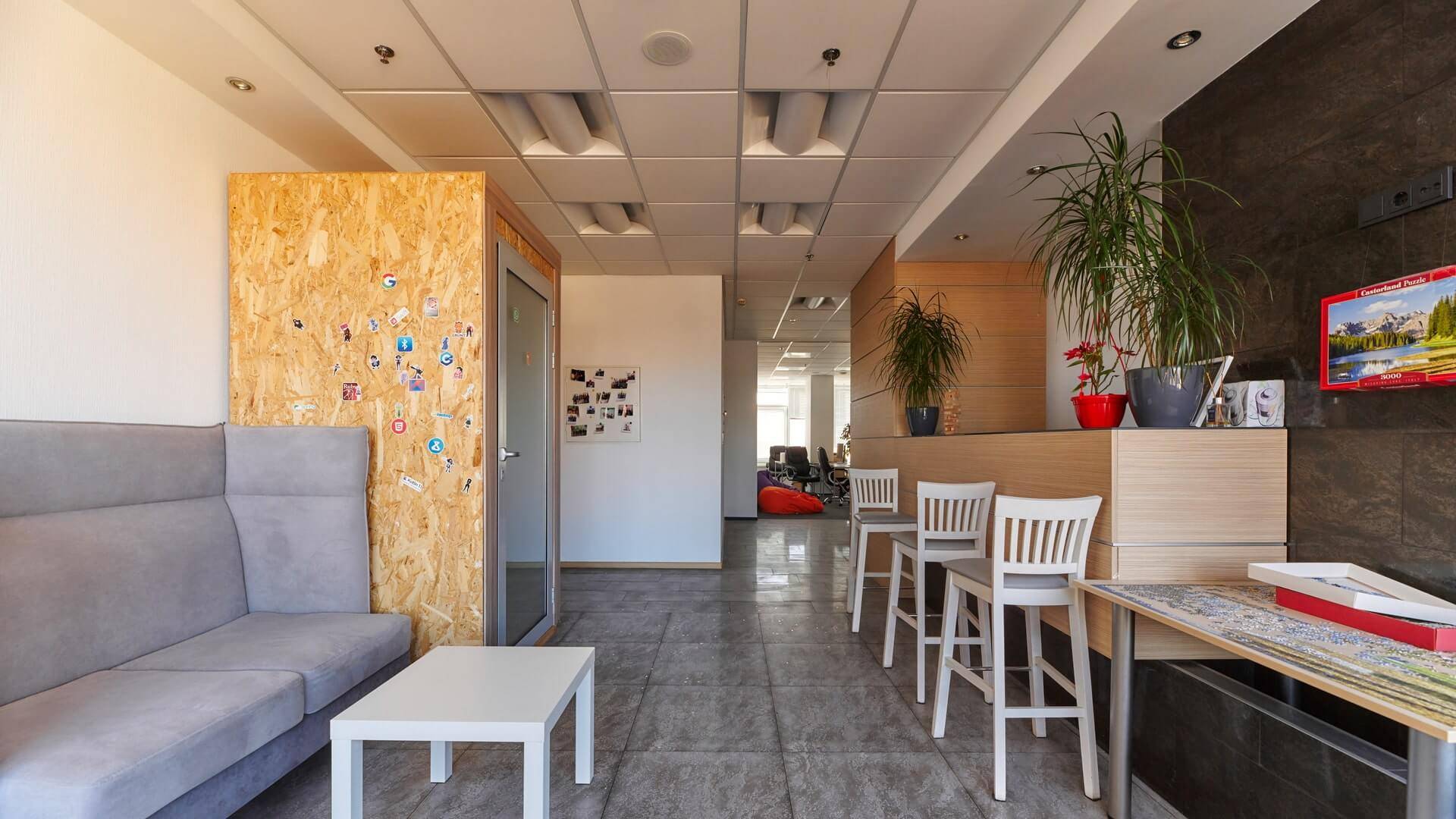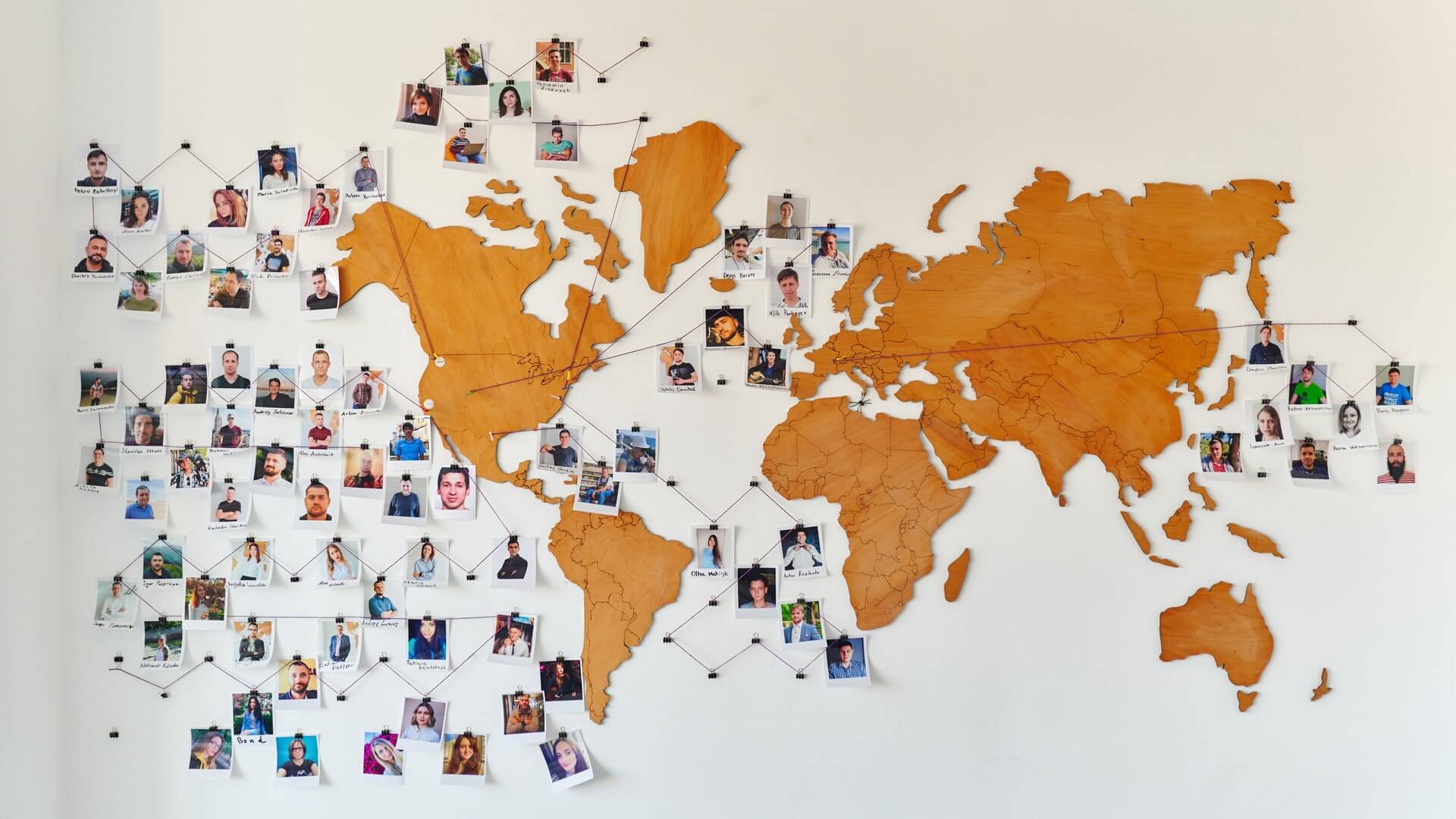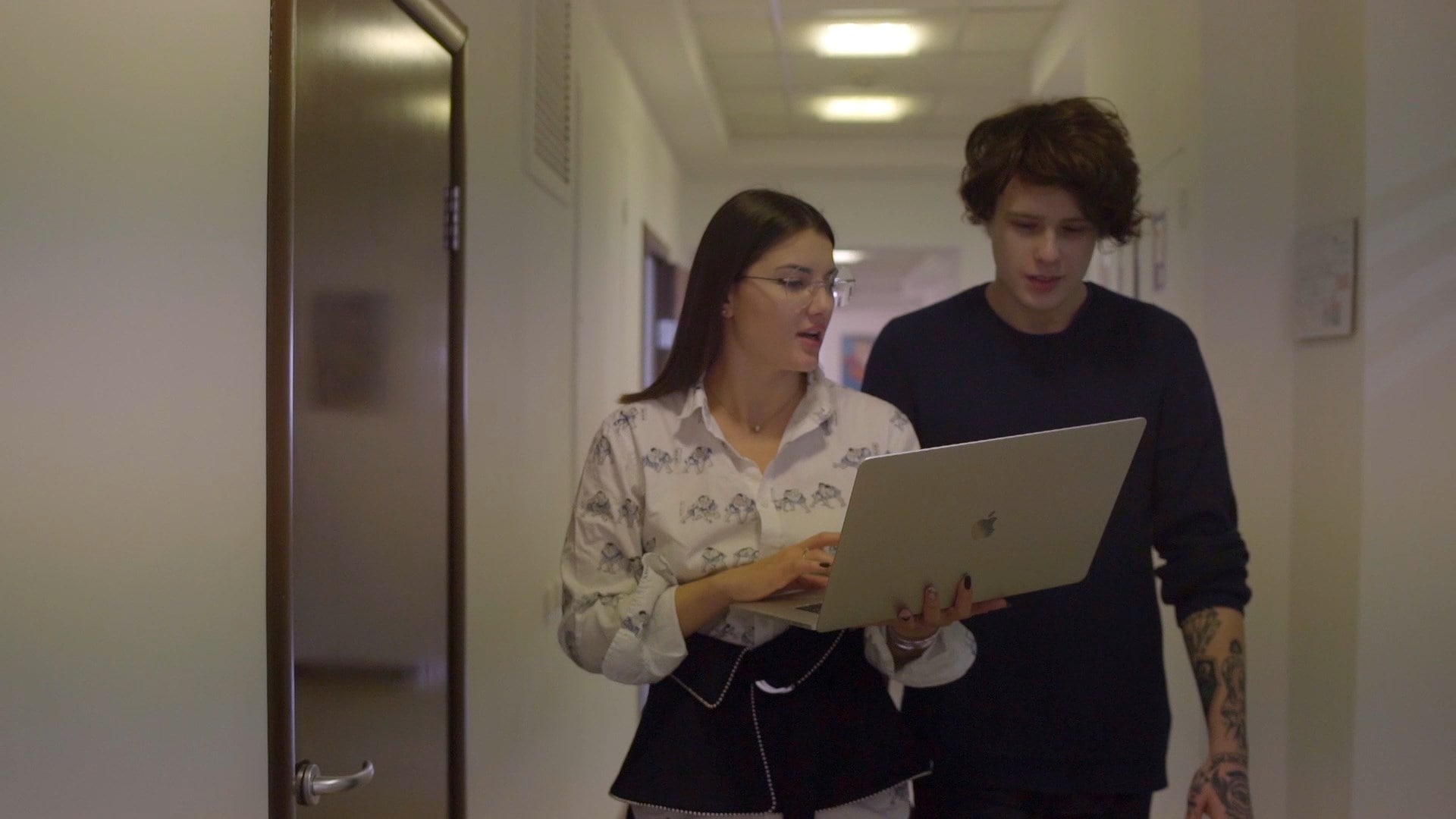METAVERSE: A FUTURE OR A REALITY ALREADY IN 2025?
The metaverse is a fascinating combination of reality and science fiction fantasy that has revealed itself as an ever-evolving digital reality. This virtual space once thought to belong only to the realm of futuristic novels and films, has entered our daily lives with force, becoming a melting pot of possibilities. It invites us to explore, interact, and collaborate in ways that challenge our traditional notions of space and time, redefining what we mean by human experience.
In essence, the term “metaverse” refers to a simulated environment that emerges from converging different platforms and technologies to create mutual, immersive experiences. It is a realm where users can interact with digital artifacts and other users in real time, blurring the boundaries between the physical and digital worlds.
Within 5 years, hundreds of millions of virtual reality tools and platforms are expected to be in use by consumers and businesses around the world. By the end of this decade, these technologies could be more ubiquitous than phones. In 2024, the digital universe is experiencing significant technological advancements driving its growth and development. Two main ones are augmented and virtual reality (AR and VR) and innovations in user interface and interaction. However, other trends, such as interoperability between virtual environments and the use of artificial intelligence, are also driving changes and advancements in the Metaverse.

METAVERSE – THE TECHNOLOGY OF THE FUTURE
As access to this technology becomes more universal, we are seeing companies developing both comprehensive and niche solutions that cater to a wide range of users. This broad network of new capabilities can help break down social and economic barriers to progress, eliminating gender gaps, economic barriers, and other inequalities.
Like quantum computing from our last post, the power and reach of the metaverse have the potential to remove many of the limitations and biases of today’s reality.
It can develop new markets and employment opportunities from an economic and social perspective. The growth of virtual experiences will require content producers, developers, and designers to create new virtual environments and experiences. This can lead to new sources of money and economic growth.
Because the metaverse has the potential to completely change the way we interact with technology and each other, technology is an important idea. The ability to create immersive experiences that simulate the merging of the real and virtual worlds is just one of the many potential benefits of this technology. It could have a significant impact on the entertainment, education, and healthcare industries. You can already explore universes like Sandbox, Decentraland, and Highrise to fully understand the global nature and relevance of these technologies.
The virtual world has many potential uses and benefits, ranging from education, socialization, safety, health, and well-being to accessibility and inclusion. The metaverse can be used to enhance learning and provide students with more access than would be possible in a physical environment, such as making the learning material more vivid and visual. Within these 3D simulations, one can participate in historical events, visualize geometric elements, explore planets, and much more. The US Army has disclosed the creation of its digital universe because the technology can be used to train (employees) for work readiness, especially in high-risk industries.
In healthcare, the VR system is already being used to train residents, help surgeons plan upcoming surgeries, and educate patients. It also assists surgeons in the operating room by guiding them in 3D space and providing data. On November 16, 2021, the U.S. Food and Drug Administration (FDA) approved the first virtual reality product for sale as a treatment for chronic pain. The Metaverse is intended to be a meeting place for people around the world; therefore, it has the potential to enhance socialization.
Some personal safety measures that would not work in the real world may be available online. For example, users of Meta's 'Horizon Worlds' (a VR game) can immediately enter a 'Safe Zone', a protective bubble that they can activate when they sense danger.

HOW DO LARGE COMPANIES INTERACT WITH METAVERSES?
With the Metaverse rapidly evolving in 2024, major brands have realized the enormous potential this virtual space offers for marketing and consumer engagement. Virtual worlds are becoming a new arena for businesses where companies can not only sell their products but also create unique digital ecosystems that engage users more deeply. Industries including fashion, automotive, technology, and entertainment are embracing this new format. They are strengthening their presence through virtual stores where users can interact with products and services in a completely digital environment.
Brands are also hosting exclusive events such as virtual fashion shows, concerts, or product launches that are becoming major events in the Metaverse and helping them stand out from the competition. All of this is accompanied by the creation of unique brand experiences that increase brand recognition and strengthen customer loyalty. This transformation allows brands to significantly expand their reach and reach previously inaccessible audiences, including users from other countries and cultures, as well as those who are actively engaged in digital technologies and worlds.
Moreover, the Metaverse provides companies with the opportunity to experiment with forms of interaction that would not be possible in the physical world. For example, virtual spaces can offer interactive games, personalized quests, or organize participation in the creation of a product in real time. This opens up wide horizons for creativity and innovation, allowing brands to create deeper and more emotionally rich connections with consumers, which ultimately contributes to the formation of a new form of interaction between a business and its audience. In this new digital environment, brands are exploring various strategies to strengthen their relationships with users. By creating virtual stores, brands can offer products and services in an interactive and immersive way, allowing users to explore and experiment with their products in three dimensions.
These initiatives allow brands to strengthen their image and engage with their audience more effectively, using the unique characteristics of the Metaverse. By being present in this ever-evolving digital environment, brands can have a significant impact on users' digital lives, influencing their purchasing decisions and building long-term relationships.

ONLINE EVENTS AND NFTS
In a digital world, we can now experience concerts and conferences like never before, feeling the vibrations of the music and the energy of the crowd, all from the comfort of our homes. With the advancement of technologies like virtual reality (VR), augmented reality (AR), and mixed reality (MR), these immersive experiences are becoming an everyday reality, opening up a range of dynamic and inclusive experiences for people around the world.
The development of innovative devices like the Meta Quest 3 and Apple Vision Pro are democratizing access to the online universe, expanding it beyond users with specialized hardware. The integration of advanced AI assistants and generative AI applications is ushering in a new era of digital interaction, with mobile devices, tablets, personal computers, vehicles, smart glasses, and even home robots becoming portals to this new reality.
Non-fungible tokens (NFTs) are redefining ownership in the Metaverse, ushering in a new digital economy. These unique assets, which initially attracted the world’s attention through digital art, are now expanding to virtual real estate and objects in games and virtual worlds.
This expansion opens up a new horizon of possibilities for content creators, investors, and entrepreneurs who find NFTs a powerful tool for monetizing their creations and investments. Not only are NFTs changing the economy of the Metaverse, but they are also opening up new business opportunities by challenging traditional economic models.
In addition, NFTs are bringing innovative concepts such as authenticity and rarity to the digital world, aspects that were previously exclusive to the physical world. This has created a new value for digital property, where originality and exclusivity are key factors. Thus, NFTs are not only changing the way we interact with digital assets, but they are also laying the foundation for a future in which the Metaverse becomes a fully integrated and functional economic space.

DIGITAL STATES
The global metaverse market was valued at US$40 billion in 2021 and is estimated to exceed around US$1,607.12 billion by 2030. Furthermore, the report predicts that the e-commerce industry is likely to benefit the most, with an estimated market impact of US$2 trillion to US$2.6 trillion by 2030, followed by the academic virtual learning market (US$180 billion to US$270 billion), advertising (US$144 billion to US$206 billion), and gaming (US$108 billion to US$125 billion). With such market forecasts, geopolitical competition is inevitable. As the idea of this technology becomes mainstream, more companies from the gaming industry to luxury fashion brands are entering the fray. Ultimately, however, the status quo remains the same: companies headquartered in the US and China are at the forefront of the race.
China has signaled that it is willing to embrace the metaverse, but has also issued several cautionary notes to remain rational “in understanding the current metaverse mania.” A new Chinese industry group, the Metaverse Industry Committee, has been created under the supervision of the state-run China Mobile Communications Association (CMCA) and may signal that China is ready to embrace the new digital world. Meanwhile, the city of Shanghai has decided to encourage the use of the metaverse in government services, business offices, and other areas.
Other countries are joining the “race,” with Barbados, South Korea, Dubai, and Spain making their announcements. Barbados plans to open the world’s first embassy in the Decentaland metaverse. The Barbados government is also finalizing deals with other online platforms to buy land, build virtual consulates and embassies, provide e-visas, and build a teleporter that will allow users to move their avatars between different metaverses. Meanwhile, South Korea is investing around US$177.1 million, with its capital Seoul planning to be the “first major city” to enter the metaverse.
Moreover, the Emirate of Dubai has announced the launch of the Metaverse Strategy, which aims to transform Dubai into one of the world’s digital economies and a global hub for the digital world community. The Spanish government has promised grants to small and medium-sized enterprises (SMEs) and independent contractors based in Spain or the European Union that are involved in research, development, and innovation projects that integrate Web3 and Metaverse technologies.
Margrethe Vestager, head of the antitrust bloc, said that the EU is analyzing the metaverse landscape before deciding how to regulate it and its potential impact. Accordingly, the European Parliament has commissioned a study examining the potential benefits and challenges of the metaverse, to help members and staff of the European Parliament as a backdrop to their parliamentary work. Despite the widespread debate in the United States, the government has remained resolutely silent. Discussion of the metaverse among policymakers is still in its early stages; a group of U.S. representatives has created the Congressional Virtual, Augmented, and Mixed Reality Task Force to educate lawmakers and their staffs on this emerging technology.

CONCLUSION
As we approach 2025, the Metaverse is not a distant dream; it is already here, changing the way we live, work, and communicate. Its vast applications, from gaming to healthcare, are ushering in a new era of digital interaction, offering endless opportunities for innovation, learning, and personal growth. The implications for entrepreneurs and innovators are especially significant, offering a playground for creativity and a new frontier for pioneering businesses. What’s more, the Metaverse and the technologies that power it can help developing countries bridge the economic and digital divide, as they offer everyone the opportunity to start over—to venture into the unknown.
By understanding and embracing emerging digital technology, we can not only navigate but thrive in this new digital age. The journey ahead promises to be transformative and exciting, inviting us to redefine the boundaries of what’s possible. The future is vast, the possibilities are limitless, and the time to step into the Metaverse is now.
If you have any questions or have an idea about hiring a team of professional developers in Ukraine, we would be glad to fuel your business idea with our services: contact.us@gointeractive.co





